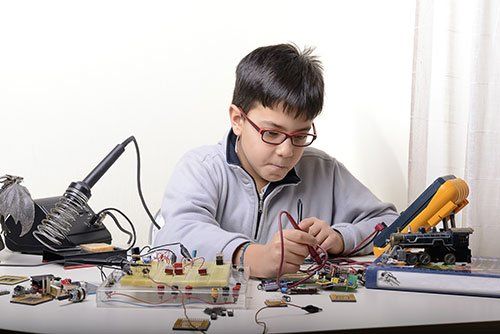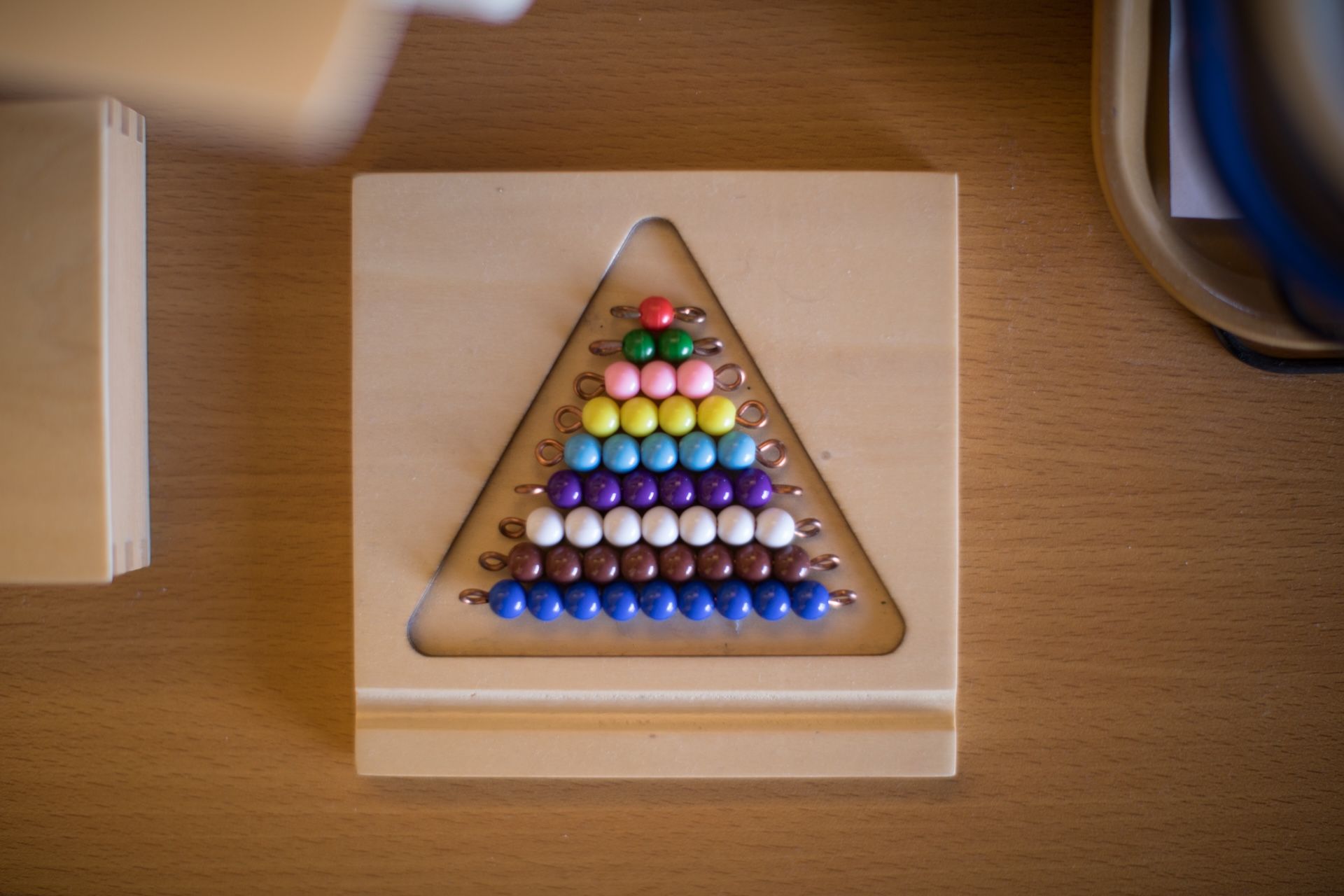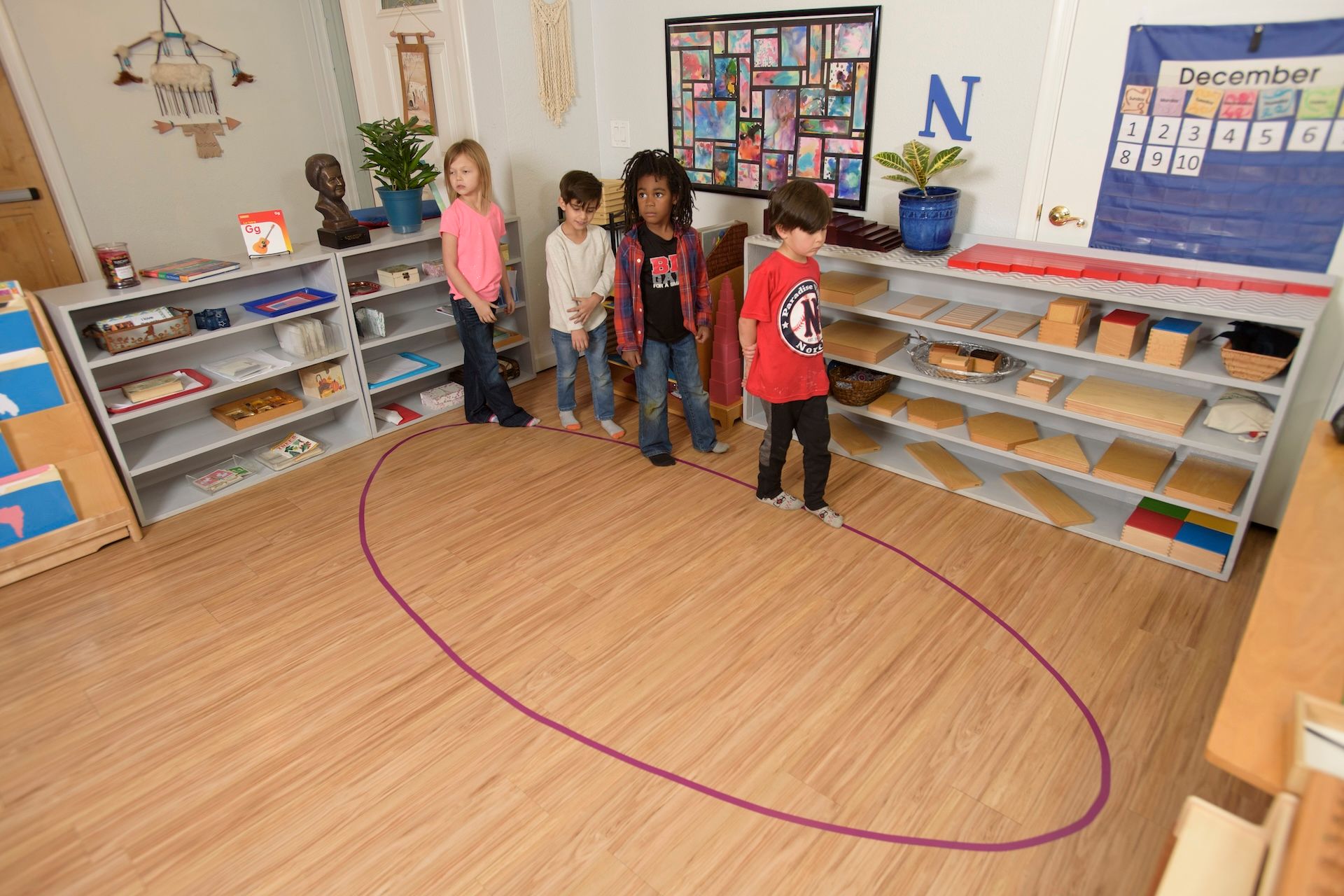The Montessori classroom has a quiet, almost pastoral feel to the outside observer. With colorful glassware, wooden toys, not to mention outdoor gardens and independent play, it seems like a place that time forgot. Never mind fitting into a traditional education system. Without enforced schedules and at least a few unpleasant lessons, how can children be expected to cope in modern society?

The answer is pretty well, actually. The idea that children have to be forced to learn is a highly questionable notion. Although they certainly require guidance and care from skilled instructors, the idea that kids need to be drilled with ideas until they fully master them is contradictory to most motivational theory. Self-determination theory, a prominent framework for understanding what drives human behavior, has demonstrated that the strongest motivation comes from within. Montessori education emphasizes child-directed learning in a way that lets students follow their own motivations over the expectations of the instructors. When kids have a chance to explore different activities in ways that make them most interested, it reinforces their desire to learn. This builds a foundation for a lifelong love of education.
Self-guided learning is a key facet of Montessori education but that’s not to diminish the excellent capabilities and extreme significance of having good instructors. They must ‘tune in’ to each child’s progress and carefully observe individual strengths and weaknesses. There are essential lessons for any student and the teachers take great pride in their ability to gently nudge children towards a correct answer instead of using punitive measures to enforce correct answers. Using this method allows children to embrace their strengths while finding new avenues to improve their educational discovery.
Even the Montessori evaluation structure is well-suited to the “real world.” Students aren’t graded by letters or numbers in overall subjects. Instead, instructors evaluate their strengths and weaknesses and work with the student to find ways to improve. Montessori education is guided by the idea that it is possible to learn almost anything when presented in the right way and when students are given the opportunity to learn things.
This flexible style actually lends itself exceptionally well to work in a corporate environment. White-collar labor today tends to involve a good amount role-shifting, cross-training, and learning a variety of skills that are ancillary to the rest of their designated role. Adults with a background in Montessori have been “programmed” with this level of flexibility and agility because it is quite similar to their early education. Montessori adults tend to be more dynamic as employees and can take on different roles easily. They tend to seek out answers effectively. Others have ambition that drives them to start their own businesses–an endeavor that involves independent time management, flexibility, adaptability, and autonomy.
There are detractors who feel that traditional education is the best way to instruct students on working well within a corporate framework. However, as the economy continues to diversify and grow, having employees who can do more than follow orders is becoming hugely significant. More and more, people are looking for independent thinkers who are willing to meet new challenges and provide innovative solutions in a changing world. Montessori students are better prepared than any others for the challenges the future holds.
The post Montessori Education and the “Real World” appeared first on Pebblecreek Montessori.
Hours
MONDAY - FRIDAY
HALF DAY: 8:30a – 12 noon
ACADEMIC DAY: 8:30a – 3:30p
EARLY CARE: 7:00a – 8:30a
AFTER CARE: 3:30p – 6:00p
OFFICE: 8:00a - 4:00p
Programs
Connect
Pebblecreek Montessori




